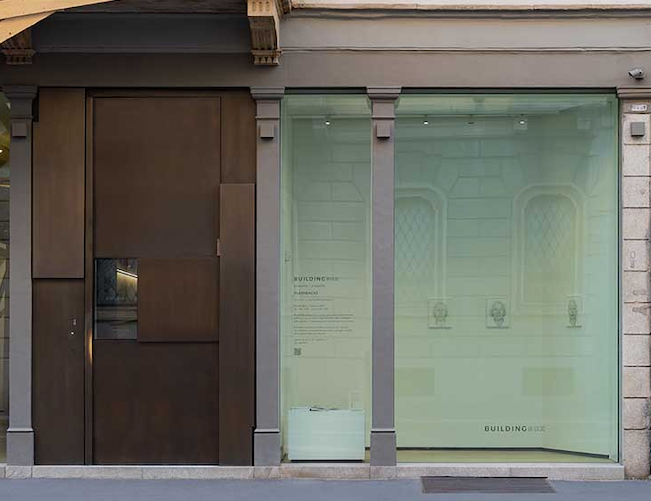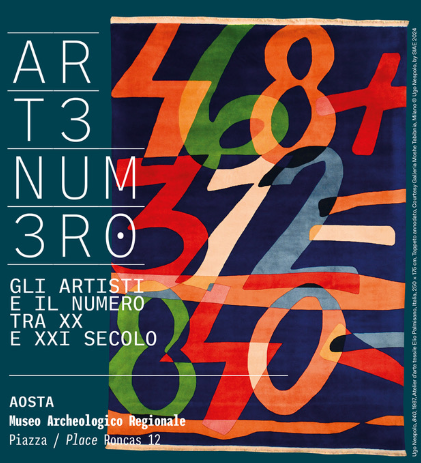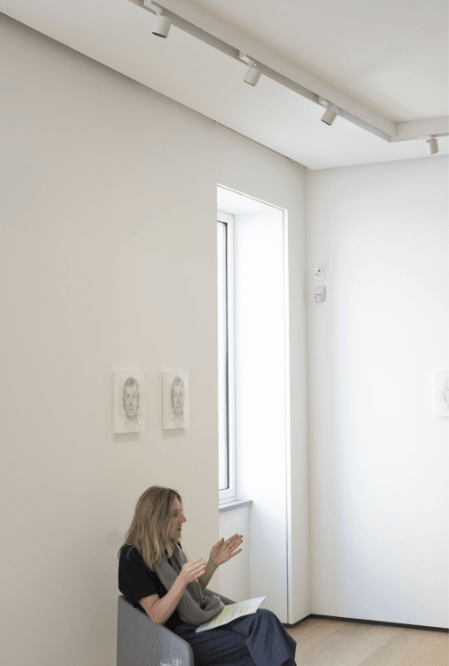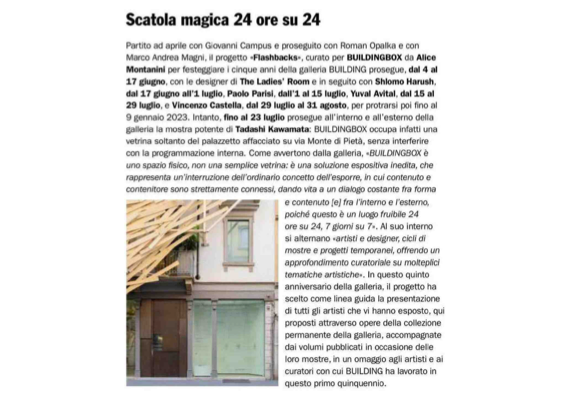Roman Opałka
Roman Opałka was born on August 27, 1931, in Hocquincourt, France, to Polish parents. The family returned to Poland in 1935, only to be deported to Germany in 1940, where they were interned in a work camp until the end of the war. Once liberated, they returned to France, then went back to Warsaw again, where Opałka attended the Wałbrzych Nowa Ruda graphics school (1946-1948), before enrolling in the School of Art and Design in Łódź (1949). Between 1950 and 1956 he studied at the Academy of Fine Arts in Warsaw, and in 1957 he moved to Paris. In 1966 he held his first solo show at the Galeria Dom Artysty Plastyka in Warsaw, and the previous year he had started work on the project OPALKA 1965/1 – ∞, to which, from 1970 onward, he devoted the rest of his life, becoming a key exponent of conceptual art.
In the ’60s and ’70s he received numerous awards: the Grand Prize at the First British International Print Biennial, Bradford (1968), two prizes in Tokyo (1970) – at the Seventh International Biennial Exhibition of Prints and the Ohara Art Museum – and the first prize from the Polish Ministry for Arts and Culture (1971).
In 1972 he traveled to the United States for the first time.
In 1979 he moved to Bazérac in France, and was honored at the 14th São Paulo Biennale. In 1985 he took French citizenship, and from 1985 to 1990 he taught at the Salzburg Summer Academy. Subsequently he continued to exhibit and receive accolades, including Franceʼs National Painting Prize (1991) and the Special Prize from the Polish Ministry of Foreign Affairs, Warsaw (1996).
In 1992 he had a show at the Musée d’Art Moderne de la Ville de Paris and in 1995 he represented Poland at the Venice Biennale. In 2002–2003 a survey exhibition of his works toured various European cities. In 2009 he was named Chevalier des Arts et des Lettres in Paris, and presented with the Gloria Artis gold medal in Warsaw. Roman Opałka died in Chieti on August 6, 2011.











